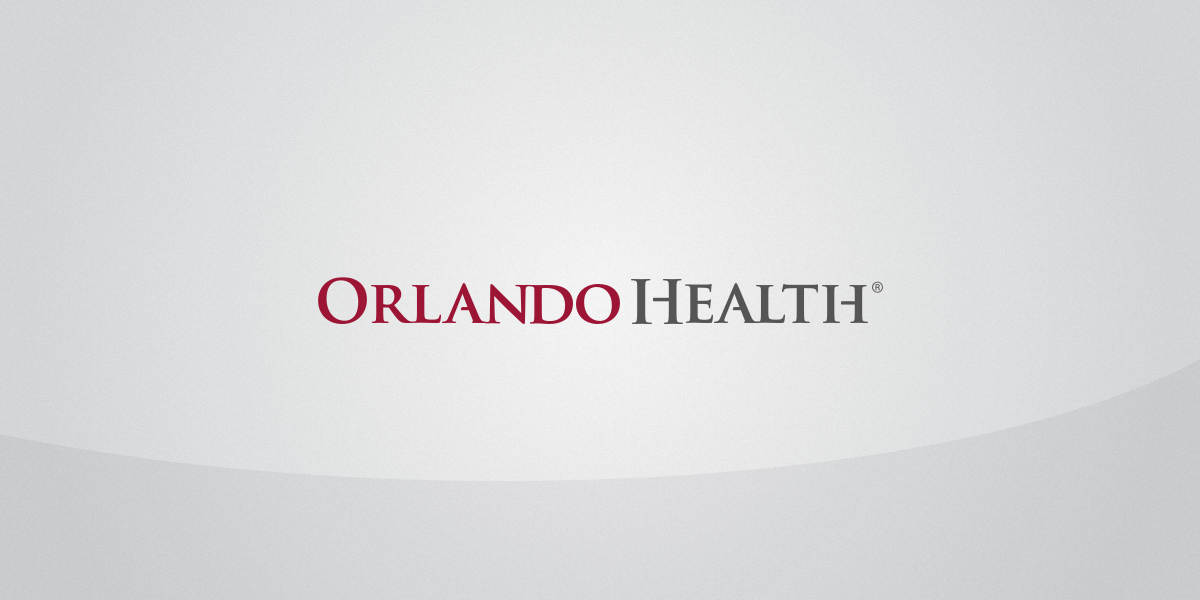An anatomic change present when your baby is born is known as a birth defect. Thanks to modern-day testing, you might know to expect this diagnosis before your child is born. Other birth defects come as a surprise.
The potential of a birth defect can be upsetting to new parents. Still, it’s best to take action as soon as possible. Learn about the condition, how it might affect your baby’s life, decisions you may need to make regarding pregnancy management, and what interventions might make a difference.
What Is a Birth Defect?
“Birth defect” covers a broad range of anatomic changes. Some birth defects are so minor you’ll be able to deal with them easily. Others will mean lifelong challenges.
Birth defects can affect any part of the body. About 3 percent of babies in the United States are born with some type of birth defect. These are among the most common:
- Cleft lip or palate — A defect or separation in the lip, palate or both. These can often be treated with surgery.
- Congenital heart defects — There are many kinds of heart defects ranging from simple to more complex. Certain types can be treated with surgery, others may require monitoring or medical therapy.
- Spina bifida — A fetus’ neural tube evolves to become the spine and brain. When that progression goes awry, it can cause a spinal cord defect called spina bifida or a brain abnormality known as anencephaly. This defect is usually discovered during pregnancy through a routine ultrasound. In-utero fetal surgery is sometimes an option to repair the defect.
Possible Causes of Birth Defects
Some birth defects are hereditary, meaning they run in families and are caused by genes passed down from the parents. Other defects may result from a sporadic problem with chromosomes. For example, Trisomy 21 (Down Syndrome) refers to an extra chromosome 21 and can result in several defects.
Environmental factors or exposures can result in a small number of birth defects. Certain infections, chemicals and medications can increase the risk of birth defects. In Florida, the Centers for Disease Control and Prevention tracks harmful elements you might be exposed to.
Certain medical conditions, particularly when uncontrolled, can increase the risk for birth defects such as diabetes. For the majority of birth defects, the cause is unknown.
Take Steps To Give Your Baby the Best Chance
If you’re pregnant, or trying to conceive, you can make some lifestyle adjustments to help prevent non-hereditary birth defects.
There is never a guarantee, but these actions give your baby a better chance of being born without a birth defect:
- Stop smoking.
- Avoid alcohol.
- Don’t take recreational drugs.
- Check your prescribed medications. Have your doctor review a list of your prescription medications including over-the-counter drugs and supplements.
- Eat a healthy diet.
- Exercise. Maintain a healthy weight.
- Take a daily multivitamin. This should include at least 400 mcg of folic acid.
- Avoid infections. Avoid travel to areas with outbreaks of infections that may increase the risk of birth defects. Ensure your vaccination status is up to date. Screen for and treat any active infections.
- Avoid exposures to harmful environmental factors.
If your care team identifies a birth defect during your pregnancy, stay in close communication with your OB provider, including a high-risk maternal fetal medicine specialist if indicated, to help you through your journey. And if your baby is born with a birth defect, know that a universe of caring medical professionals is available to support you.




